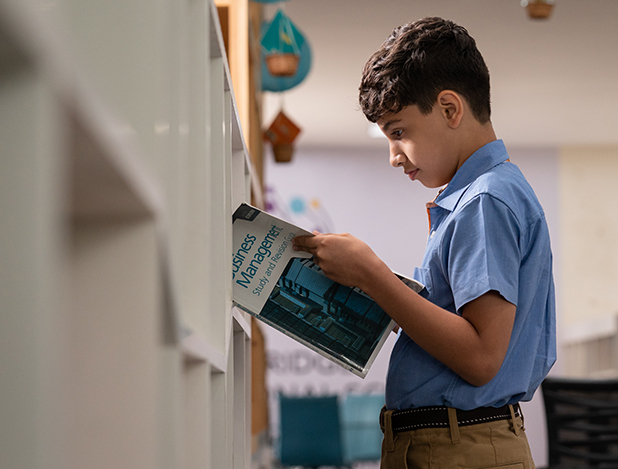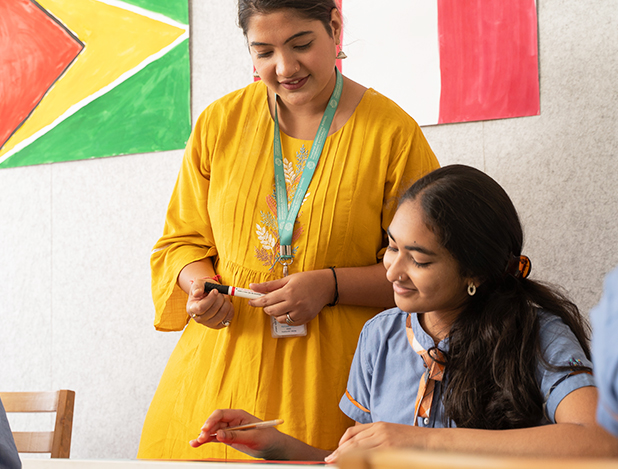From Toddlers through the Middle School, our international curricula provide your child a solid foundation and a vivid understanding of the world. As one of the top IB schools in Hyderabad, we follow the International Baccalaureate Program for our Primary Year, for their cerebral growth fueled with practical play and learning and IGCSE Program for our Middle Years. Our students can then transition to the CBSE or IBDP for Year 11 and Year 12. Throughout their educational journey with us, students are exposed to high standards of academic quality and rigour. Our curriculum prepares your child to study for CBSE, IGCSE and the IB Programme:








